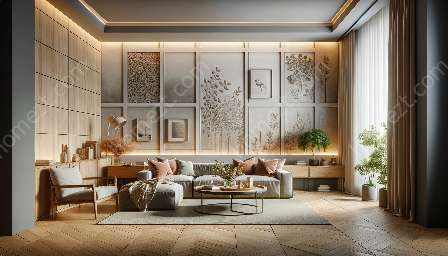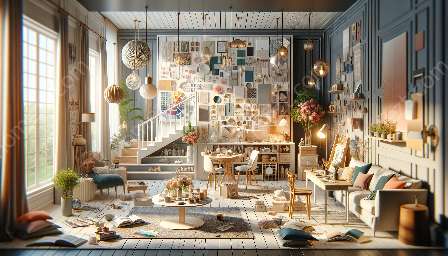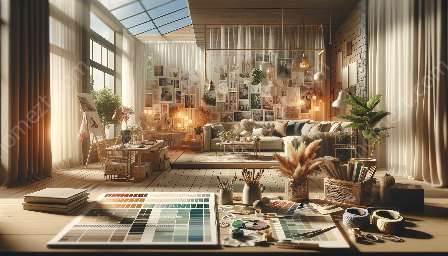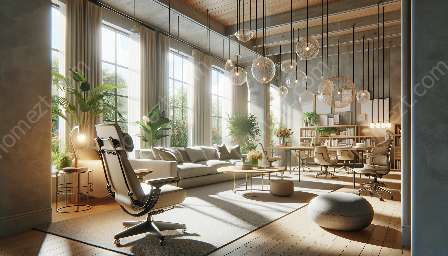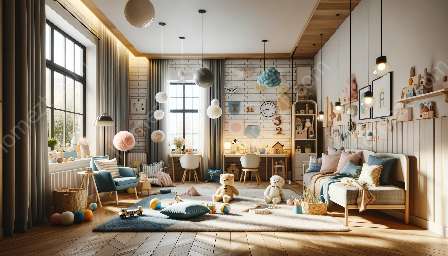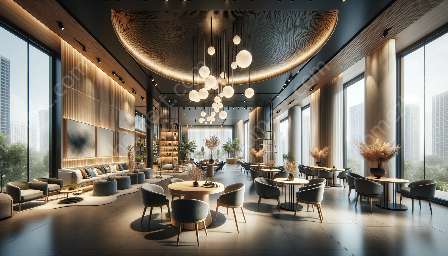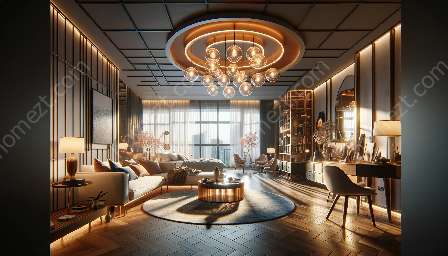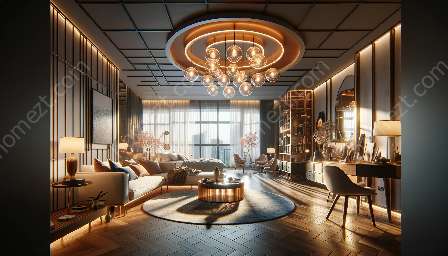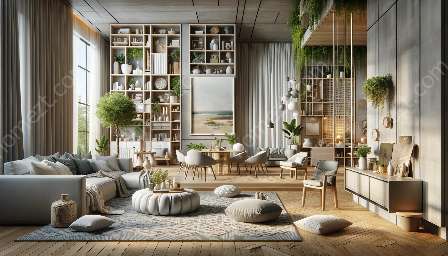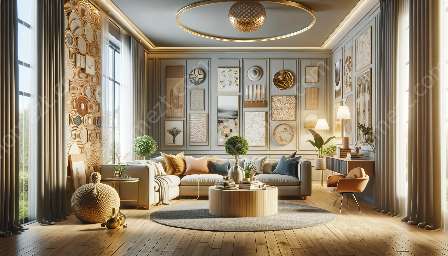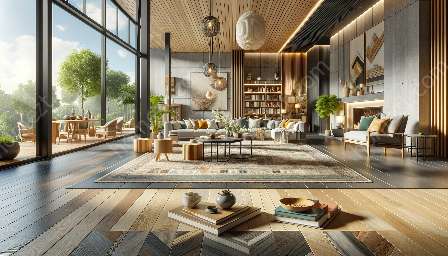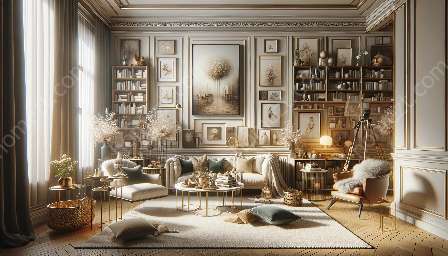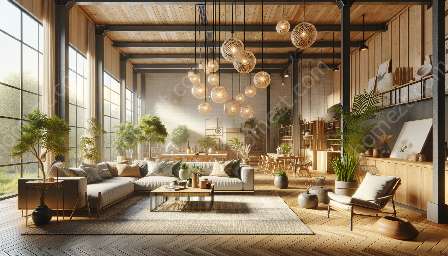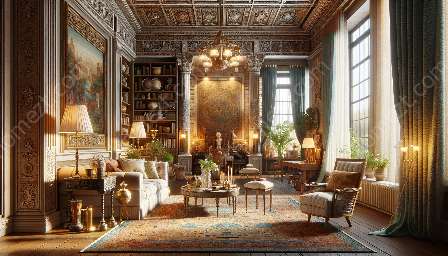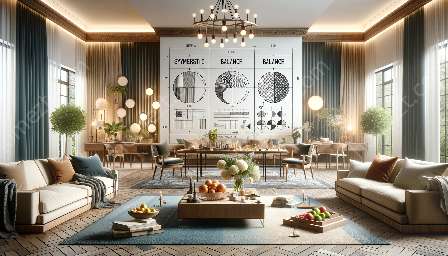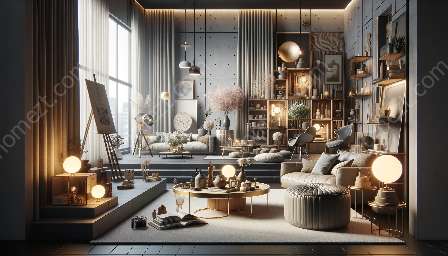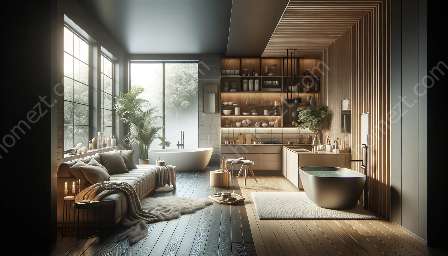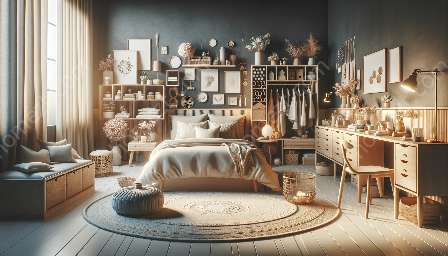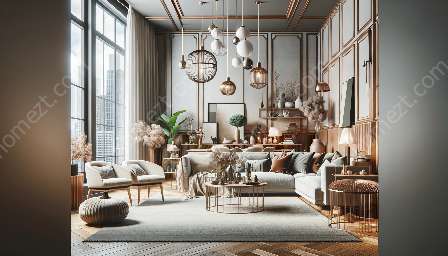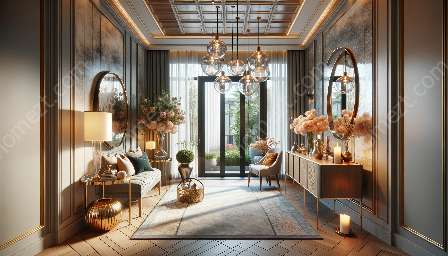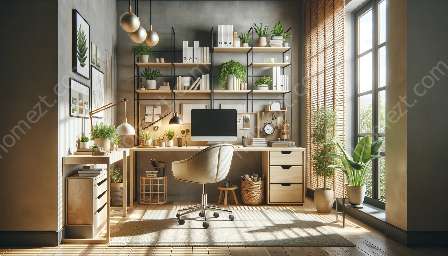Interior design is not merely about creating visually appealing spaces; it also involves ethical considerations to achieve balanced and harmonious designs. By integrating principles of design and balance, interior designers can address these ethical considerations while ensuring that their designs are both aesthetically pleasing and responsible.
Understanding Ethical Considerations in Interior Design
When it comes to ethical considerations in interior design, practitioners must take into account the impact of their designs on various stakeholders, including clients, occupants, and the environment. This requires a thoughtful and holistic approach that goes beyond aesthetic concerns and considers the long-term implications of design choices.
Principles of Design and Balance in Interior Design
One of the key aspects of achieving ethical interior design is to integrate the principles of design and balance. Design principles such as unity, harmony, and rhythm guide designers in creating spaces that are visually and functionally cohesive. Balancing these principles ensures that the design not only looks good but also serves its purpose effectively.
Integration of Sustainability and Environmental Responsibility
Integrating sustainability and environmental responsibility into interior design is a critical ethical consideration. Designers should strive to use materials and resources that are sustainable, recyclable, and minimize the negative impact on the environment. This involves sourcing eco-friendly materials, optimizing energy efficiency, and reducing waste in the design process.
Respect for Cultural and Social Diversity
Another ethical consideration is the respect for cultural and social diversity. Interior designers should be mindful of the cultural and social context in which their designs will be implemented. This involves embracing diversity, integrating inclusivity, and ensuring that the design respects and reflects the values and traditions of the community it serves.
Consideration for Client Well-being and Safety
Client well-being and safety are ethical imperatives in interior design. Designers must consider ergonomic principles, accessibility, and safety standards to ensure that the design promotes the well-being and comfort of its users. This may involve addressing issues such as ergonomics, accessibility for people with disabilities, and adherence to building codes and regulations.
Transparency and Ethical Business Practices
Transparency and ethical business practices are essential for maintaining integrity in interior design. This includes fair and transparent contracts, honest communication with clients and stakeholders, and ethical sourcing of materials. By conducting business ethically, interior designers can build trust and credibility while upholding professional standards.
Striving for Balanced and Harmonious Designs
By integrating these ethical considerations and principles of design and balance, interior designers can strive for balanced and harmonious designs that not only look aesthetically pleasing but also contribute to the greater good. This involves balancing form and function, aesthetics and sustainability, and cultural relevance with timeless design principles.
Conclusion
When ethical considerations are integrated into interior design, it elevates the profession beyond mere aesthetics and demonstrates a commitment to responsible design practice. Achieving balanced and harmonious interior design involves a thoughtful and holistic approach that integrates design principles, ethical considerations, and a deep understanding of the impact of design choices on individuals and the environment.

